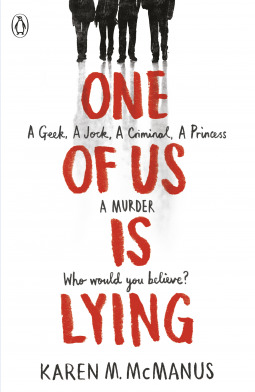
Published by Penguin, 13th July 2017, 345 pages, £7.99
3 stars
I spent the last week in Kenya. It was 1952, political unrest had taken a vicious turn and the young Queen Elizabeth is soon to be crowned. Eighteen year old Rachel returns to the country after spending six years in England during the wake of her mother’s death. Turning her back on this life, which included a stifling boarding school, cold nights at her grandparents and meager rationing, she looks towards her real home with a tentative, but relieved heart. Her father, who remained in Kenya, kept very little contact whilst she was away and she hopes to reunite with him and revive memories of her mother. However, on her arrival he remains distant and is living with an unlikable woman and her quiet son.
This was my first time reading Jennifer McVeigh’s work, recommended as being a fan of Dinah Jefferies. I think anyone who favours stories about young women negotiating life and love in an exotic setting would enjoy this. The time I spent with this novel was a warm escape. It started off with a very calming pace, like sun rays settling onto my back. I saw Kenya through Rachel’s young and hopeful eyes, its endless landscape, dusty beauty and rural way of life. As Rachel struggles to reconnect with her father and rebuild her childhood memories, she runs into Michael, a former tutor and local. The intrigue and attraction between the characters was there, but I didn’t feel their romance was full-bodied enough. Michael started as a masculine and intellectual enigma, revealing very little until the end. Their relationship leaned more towards silent acceptance rather than a heady whirlwind.
The slow pace that begins the story almost stagnates in the middle, leaving me wondering if there would be any action. It eventually picks up and speeds towards a dizzying tumble of events. The title ‘Leopard At The Door’, becomes more apparent towards the later half of the novel. Danger in multiple forms slink around. The story becomes stabbed with graphic violence (too much for my taste) as the threat of Mau Mau rebels looms closer. Not only this, but the deteriorating relationships in the house and the sadistic nature of the British enforcement close in. The novel also comments on the chilling treatment of women and mental health under Imperial rule and its obsession for sweeping issues under the rug.
The novel ends perhaps too quickly and wraps up with a mixture of unresolved acceptance, sadness and the survival of hope.
Many thanks to Penguin for my review copy xx

